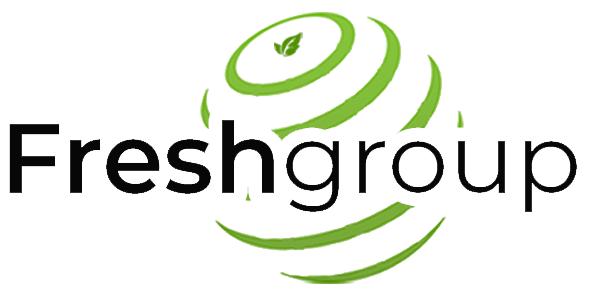Summary
Product: Caffeinated Energy Drinks and Mixes
Issue: Food – Chemical
What to do: Do not consume, use, sell, serve or distribute recalled products
Distribution: National, Online
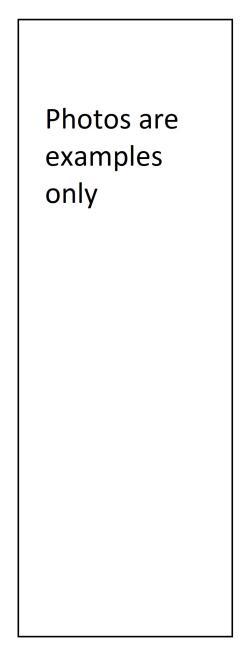

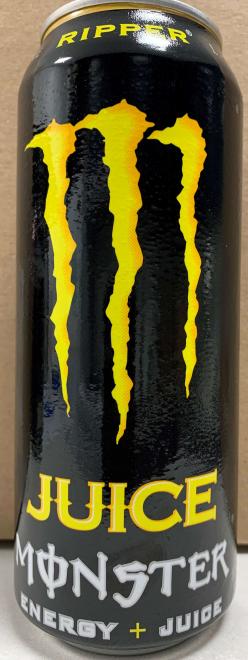
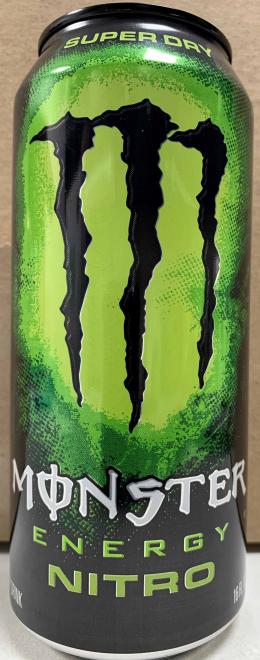
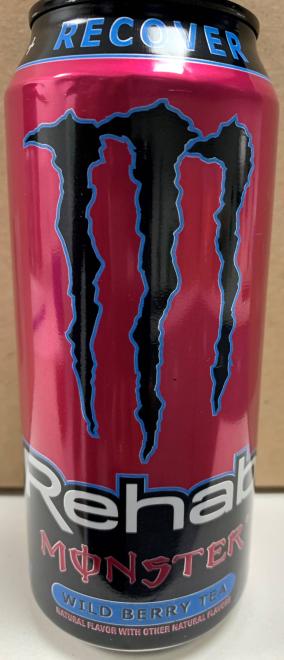

Affected products
| Brand | Product | Addition information | Published date |
|---|---|---|---|
| 3D | Caffeinated Energy Drinks | All flavours which contain caffeine and do not have bilingual (English and French) labelling | 2023/07/12 |
| 5 Hour | Caffeinated Energy Drinks | All flavours which contain caffeine and do not have bilingual (English and French) labelling | 2023/07/12 |
| ABE | Caffeinated Energy Drinks | All flavours which contain caffeine and do not have bilingual (English and French) labelling | |
| Alani Nu | Caffeinated Energy Drinks | All flavours which contain caffeine and do not have bilingual (English and French) labelling | 2023/08/02 |
| Alokozay | Caffeinated Energy Drinks | All flavours which contain caffeine and do not have bilingual (English and French) labelling | 2023/10/27 |
| AriZona RX Energy | Caffeinated Energy Drinks | All flavours which contain caffeine and do not have bilingual (English and French) labelling | 2023/09/19 |
| Bang | Caffeinated Energy Drinks | All flavours which contain caffeine and do not have bilingual (English and French) labelling | 2023/07/28 |
| Bleach T4-F | Caffeinated Energy Drinks | All flavours which contain caffeine and do not have bilingual (English and French) labelling | |
| Bob Ross | Caffeinated Energy Drinks | All flavours which contain caffeine and do not have bilingual (English and French) labelling | 2023/08/29 |
| Bum Energy | Caffeinated Energy Drinks | All flavours which contain caffeine and do not have bilingual (English and French) labelling | 2023/10/20 |
Issue
The affected products are being recalled from the marketplace due to various non-compliances related to caffeine content and labelling requirements.
What you should do
-
- If you think you became sick from consuming a recalled product, contact your healthcare provider
-
- Check to see if you have recalled products
-
- Do not consume, serve, use, sell, or distribute recalled products
-
- Recalled products should be thrown out or returned to the location where they were purchased
-
- If you become aware of recalled products being sold, you can report it to the CFIA
-
- If you buy food products online, follow our tips and do not assume that the products meet Canadian requirements
Consumers can spot caffeinated energy drinks and mixes that do not meet Canada’s food safety standards by checking:
-
- Caffeine level. The maximum allowed in Canada is 180mg in a single-serving.
-
- Unilingual label. If the label is only in one language, or has no English or French on it, it means the product has not been produced for the Canadian market.
-
- Required cautionary statements. These help consumers make informed decisions.
High levels of caffeine may have adverse health effects for children, pregnant individuals, breastfeeding individuals, and those sensitive to caffeine. Exercising while consuming caffeine may lead to adverse health effects. Some of the side effects of consuming excess caffeine may include insomnia, irritability, headaches, and nervousness.
Source: canada.ca
